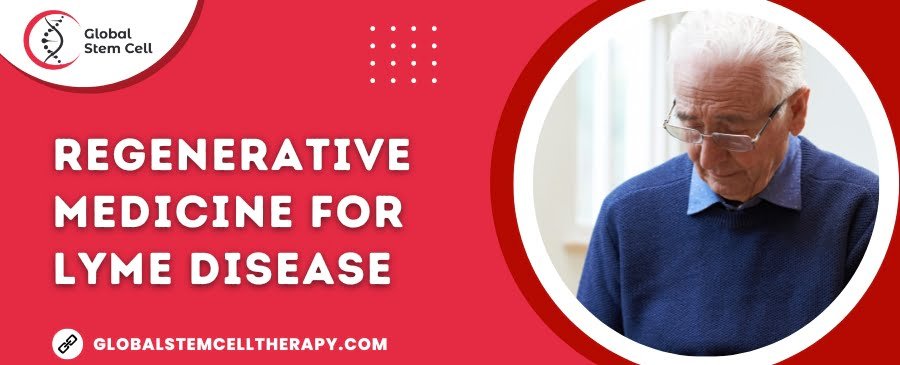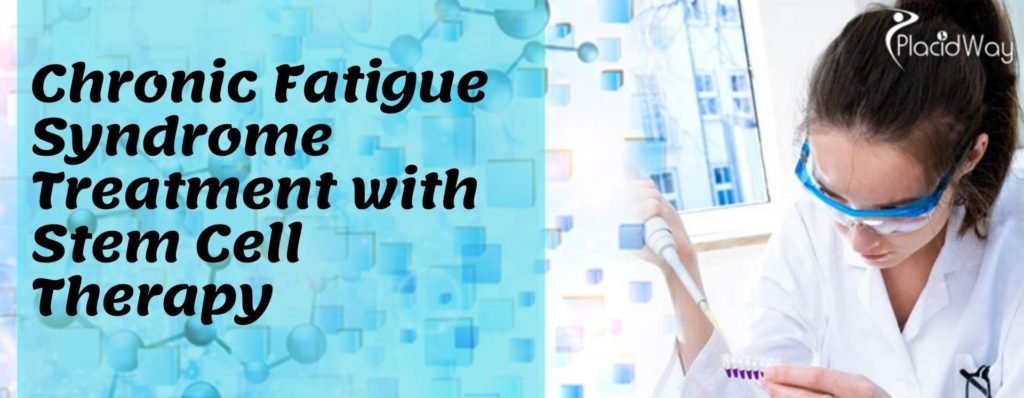
Regenerative Medicine for Lyme Disease
Table of Content
Lyme disease is a tick-borne infection caused by the bacterium Borrelia burgdorferi. It is known to cause a wide range of symptoms such as fatigue, joint pain, headache, and neurological problems, among others. Despite the availability of antibiotics for treating Lyme disease, there is still a significant number of patients who do not respond to conventional treatments. In such cases, regenerative medicine may offer a promising solution.
Symptoms of Lyme Disease
Lyme disease can cause a wide range of symptoms, which may appear in stages. The early symptoms of Lyme disease usually occur within a few days to a few weeks after a tick bite and may include:
- Rash: A distinctive bull’s-eye rash (erythema migrans) at the site of the tick bite, which may expand over several days.
- Fever: Mild to moderate fever and chills.
- Fatigue: Extreme tiredness or exhaustion.
- Muscle and Joint Pain: Aches and pains in the muscles and joints, especially in the knees and neck.
- Headache: Severe headaches, which may be accompanied by neck stiffness.
In later stages of Lyme disease, symptoms may become more severe and may include:
- Nervous System Problems: Memory problems, trouble concentrating, sleep disturbances, muscle weakness, and numbness or tingling in the extremities.
- Heart Problems: Irregular heartbeats and chest pain.
- Joint Problems: Swelling, pain, and stiffness in the large joints, especially the knees.
- Neurological Problems: Facial paralysis, nerve pain, and Bell’s palsy.
It’s important to note that some people with Lyme disease may not develop any symptoms, or their symptoms may be mild and go unnoticed. Early diagnosis and treatment are crucial for preventing complications of Lyme disease.
What is Regenerative Medicine?
Regenerative medicine is a branch of medicine that focuses on the repair and replacement of damaged tissues and organs to restore normal function. It involves the use of stem cells, growth factors, and other regenerative cells to treat various diseases and conditions. In the context of Lyme disease, regenerative medicine aims to repair the damage caused by the bacterium to the affected tissues and organs, thus restoring normal function.
Stem Cells in Regenerative Medicine for Lyme Disease
Stem cells are undifferentiated cells that have the ability to differentiate into any type of cell in the body. They play a crucial role in regenerative medicine as they can repair and replace damaged tissues and organs. In the case of Lyme disease, stem cells can be used to repair the damage caused by the bacterium to the nervous system, joints, and other affected tissues.
Growth Factors in Regenerative Medicine for Lyme Disease
Growth factors are signaling molecules that play a crucial role in regulating cell growth and differentiation. They can be used to promote the growth and repair of damaged tissues in regenerative medicine. In the case of Lyme disease, growth factors can be used to stimulate the growth of new cells to repair the damage caused by the bacterium to the affected tissues.
Other Regenerative Cells in Regenerative Medicine for Lyme Disease
Apart from stem cells and growth factors, other regenerative cells such as platelets, mesenchymal stem cells, and adipose-derived stem cells can also be used in regenerative medicine for Lyme disease. These cells can be used to promote the growth and repair of damaged tissues and organs, thus restoring normal function.
Lyme disease is a complex condition that affects multiple tissues and organs in the body. Despite the availability of antibiotics, there is still a significant number of patients who do not respond to conventional treatments. In such cases, regenerative medicine may offer a promising solution by repairing the damage caused by the bacterium to the affected tissues and organs. The use of stem cells, growth factors, and other regenerative cells holds immense potential in the treatment of Lyme disease and other chronic conditions.
For more details about stem cell treatment for Lyme disease and stem cell clinics, Contact us today:






